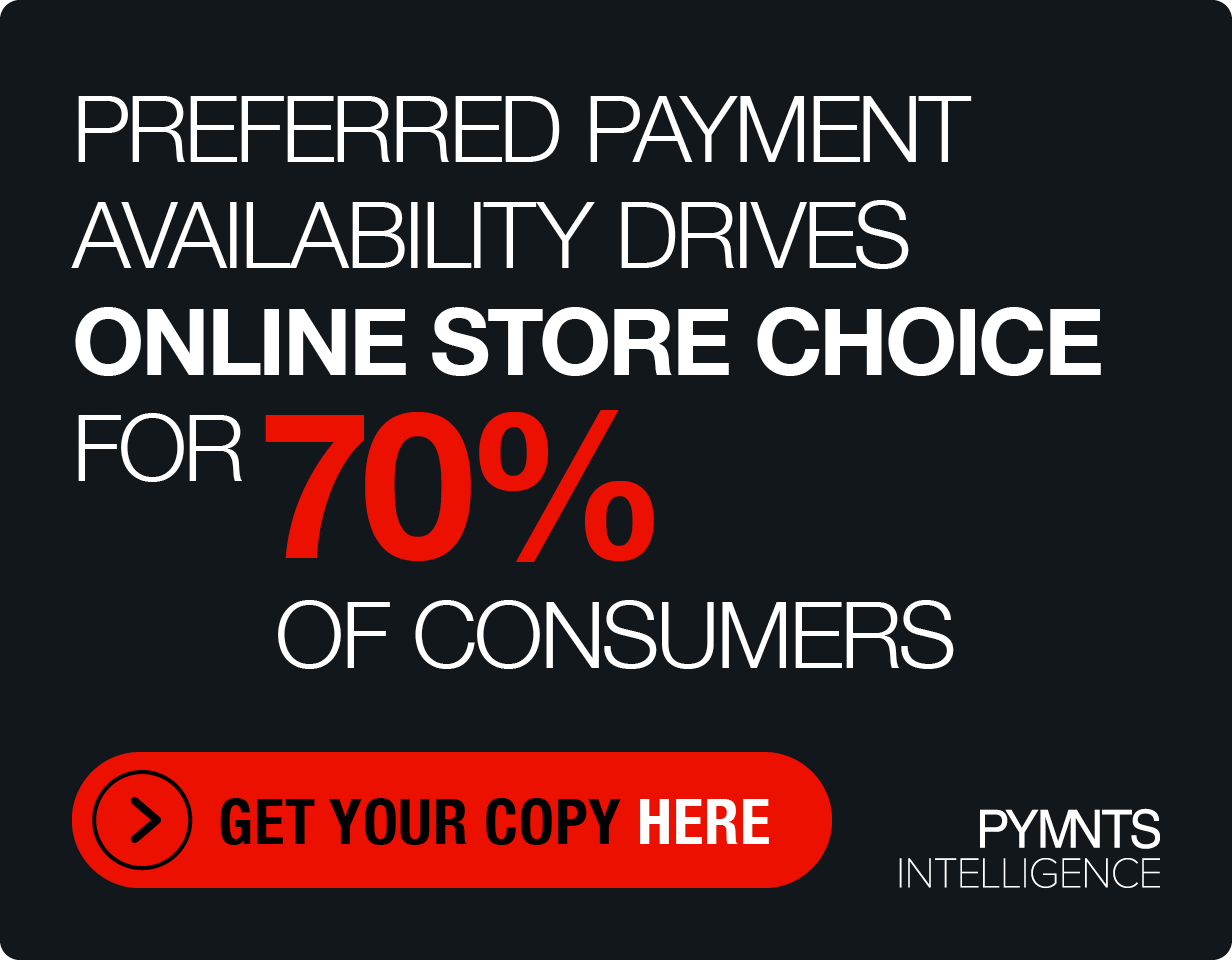TikTok Bans Financial Advertising In Clamp Down On Misinformation

TikTok is just saying no to financial products and services — at least when it comes to their promotional material. The social media giant has officially announced that policy extended to (but is not limited to) advertising lending and management of money assets, loans and credit cards, buy now pay later services, trading platforms, cryptocurrency, foreign exchange, debit and pre-payment cards, forex trading and pyramid schemes.
“My interpretation of this is [TikTok] is clamping down on directly or indirectly sponsored content which leads to an affiliate link, for example, to sign up to a trading platform and get free stocks,” Martin Bamford, head of client education at Informed Choice, told The Financial Times. “We see a huge amount of this branded content on TikTok, usually from poorly informed commentators, who lure in followers with promises of riches, but in reality are making their money off people signing up via affiliate links.”
The move comes from a recent push by TikTok to bolster financial education access on its platform. In June, the firm announced a partnership with Citizen Advice, an independent U.K. organization specializing in confidential information and advice to assist people with legal, debt, consumer, housing and other problems, to add videos to the social media platform that focused specifically on making more informed financial decisions. At the time, TikTok noted the pair-up was aimed at helping its users become more confident and alert to financial misinformation and offer them access to the right tools and channels to get good advice.
This week, it seems TikiTok is doing the inverse: actively moving to limit their users’ access to misinformation channels that can push them into the hands of the unscrupulous.
Will It Work
Expert opinion on the TikTok financial services ban is somewhat mixed. Martin Bamford, for example, said that while keeping the bad guys off TikTok selling bad financial products to younger consumers who increasingly are taking tips from influencers is all to the good. However, the blanket nature of the ban seems to sweep the good and the bad all at once. There is a chance, he noted, the new rules will contain a carve-out for regulated firms and individuals, but at this point, that does not seem to be the case. Ideally, a carve-out would exist, though he did accept that the new rule is likely the “ best way to combat the scammer and charlatans.”
Others are somewhat less confident, noting that TikTok’s intentions with the new ban are only as good as its willingness to enforce it. Anthony Morrow, the co-founder of financial advice service OpenMoney, told Yahoo that financial service advice and promotion had become a big business on TikTok. He said TikTok posts, including the hashtag #bitcoin had received 4.4 billion views, while #cryptocurrency has had 1.5 billion views, #investment 790 million and #stockstobuy had 447 million views on the platform. Consumers, he noted, are looking for it, and influencers are responding to that demand en masse.
“We know that social media influencers are fuelling demand for day trading and unregulated investments like cryptocurrencies by talking up the potential returns without explaining the enormous risks involved,” Morrow told Yahoo.
What we don’t know, he noted, is how seriously TikTok is going to take the enforcement of this ban as influencers continue to push financial products.
Regulatory Oversight
TikTok, according to reports, may have some accelerated incentive to more closely monitor the situation. Regulators like the UK’s Financial Conduct Authority (FCA) are getting increasingly concerned about young people being drawn into higher-risk investments,
Earlier this year, the FCA warned that “there is evidence that these higher risk products may not always be suitable for these consumers’ needs as nearly two thirds (59 percent) claim that a significant investment loss would have a fundamental impact on their current or future lifestyle.”
And if their regulator is interested, TikTok seems to be getting interested as well, even if it has to shut down an increasingly popular use case for its platform.
